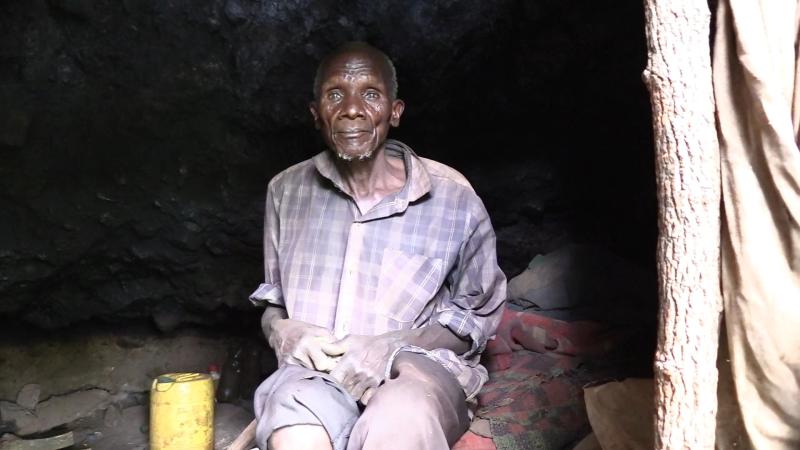×
The Standard e-Paper
Stay Informed, Even Offline

Kasireen Tumwa, alias Japan, inside a cave in Mt Elgon. [Martin Ndiema, Standard]
Kasireen Tumwa alias Japan’s lifestyle, is a mirage to the ordinary average man. He is old but strong, lonely but cheerful, and aggrieved but satisfied with the circumstances.